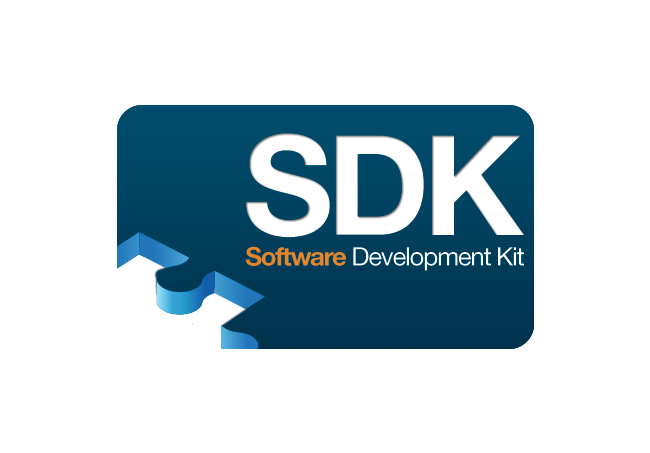A software development kit (SDK) is a collection of tools, instructions, and libraries developers use to develop software applications. SDK is like a well-organised toolkit with pre-built guidelines and components to help developers create software for a given programming platform.
You need these pre-built components to create codes that run on a specific platform, programming language, or operating system. SDKs put everything you need in one place.
This can make your task easier, increase your efficiency and speed for the development process, and ensure the software functions correctly with the technology chosen.

Components of Software Development Kit (SDK)
Some of the most common components of SDKs include:
- Debuggers.
- Documentations.
- APIs.
- Library.
- Frameworks.
- Compilers and interpreters.
- Integrated Development Environment (IDEs).
- Profilers.
- Code samples.
- Deployment tools.
Uses of Software Development Kit
Mobile App Development
Developers use software development kits to develop mobile apps. SDK makes debugging, optimising, and monitoring a mobile application’s performance easier. You can also build UI elements, integrate them with third-party services, and access data. SDK makes it easier to deploy your apps across various platforms like Android and iOS.
Cloud Computing
SDKs have libraries and APIs that allow providers to connect to cloud storage services or access cloud computing services such as analyses, databases, or machine learning. They can integrate with a cloud environment in their preferred language.
Web Development
SDKs include components such as CSS, HTML, and Javascript that can help developers build the front end of web apps. They also include back-end resources such as server-side databases, frameworks, programming languages, and APIs. Software development kits also allow users to access deployment tools for hosting and scaling.
Game Development
SDKs provide codes, tutorials, and samples for developers to create games. Some other crucial tools provided by SDKs for game development include physics engines, audio libraries, networking libraries, artificial intelligence libraries, and 3D graphics libraries.
Internet of Things(IoT)
Developers can also use SDKs to create IoT applications that interact with sensors. This allows them to develop applications that collect, analyse, and monitor data from the environment. SDKs’ security updates and patches can also be used to manage device firmware and software updates more efficiently.